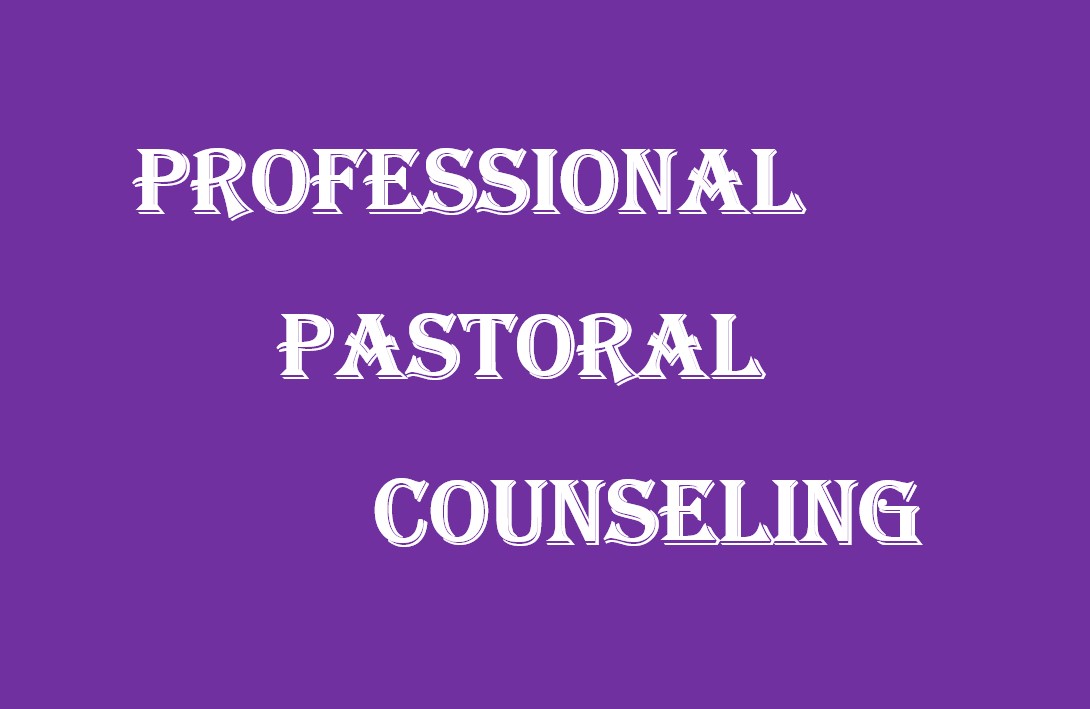
Despite being around for over 50 years, many people are still confused about what professional pastoral counseling (PPC) is. Pastoral Counseling ? | Pastoral Counseling Syracuse NY (revmichaelheath.com)This confusion is understandable since the term is imprecise.
For example, any minister who gives guidance is, in a sense, a pastoral counselor. I wish to use the term to refer to therapists who are trained and licensed in psychotherapy and are ordained clergy.
Sadly, many people erroneously think that one has to be religious to talk to a professional pastoral counselor. As such, I want to dispel some myths and discuss what makes professional pastoral counseling unique among therapeutic approaches.
“Religious” Pastoral Counseling
A common misunderstanding is that professional/licensed pastoral counseling is religious counseling, e.g., strictly Christian or Bible-based. Faith-related counseling presents a particular theological point of view and assists clients by giving direction and answers based on its theology and sacred texts. To be clear,
PPC does not assume any particular religious view and does not require any from the people it helps. Its foundation is psychology and not religious doctrine.
PPC Origins
Historically, clergy have always counseled people with their problems, but often, their guidance was given without clinical training or expertise. In the early 1960s, things changed. Ministers and rabbis who were also trained in psychotherapy formed the American Association of Pastoral Counseling (A.A.P.C.).
A.A.P.C. established educational, clinical supervision, and personal therapy standards for its members. (It is worth noting that psychiatry is the only other professional discipline to require individual therapy.)
Professional Pastoral Counseling
Professional Pastoral Counseling (PPC) is a specialized ministry delivered as psychotherapy that also includes life’s spiritual dimension. In short, pastoral counseling is a type of psychotherapy that understands that spiritual problems are interrelated with psychological issues. In contrast to religious pastoral counseling,
PPC is open-ended and focuses on increasing self-understanding and rational behavior in dealing with emotional and stressful problems. Likewise, PPC respects the client’s religious beliefs as it seeks to reduce the tension between religion and science.
Bridging Spirituality and Psychology.
Although religion and science dwell in different realms, they are not disjointed. Earlier in the 20th century, Christian theologians like Rudolf Bultmann recognized that supernatural stories express psychological truths.
Rather than interpreting passages literally, existential theologians interpreted the Bible metaphorically, using the filter of psychology to unlock their existential meaning and significance. By adopting this existential outlook, PPC can help people of faith provides a way to understand ancient religious expressions in modern, practical terms.
A PPC counselor can also help translate psychological terms and concepts into that are more familiar religious language and concepts with which a person of faith is more familiar and comfortable.
Anxiety: Psychological and Spiritual
Anxiety is the bridge between psychology and spiritual experience. Existential theologian Paul Tillich’s studies in anxiety insights demonstrated their shared concern. In his book, The Courage to Be, he explains how spiritual anxiety underlies psychological anxiety. Paul Tillich – excerpts from “The Courage to Be” – Religious Naturalism.
That said, not all anxieties are alike.
— NORMAL ANXIETY
Whenever we encounter a stressor, it is normal to worry. Anxiety is how our brain reacts to protect us from threats.
When it perceives danger, anxiety, along with secreted stress hormones, puts us on alert and helps us to respond more efficiently to the menace. (Note bene: Normal anxiety is transient. When the danger passes or the threat is resolved, anxiety declines.)
— PATHOLOGICAL ANXIETY
Pathological anxiety is the kind of anxiety that is not based on an actual danger. It is an irrational overreaction to everyday stressors. Unfortunately, anxiety-related trauma from the past exaggerates anxiety in the present.
Trauma corrupts our neurological alarm system and causes it to send out false alarms. For example, a soldier who is home after having been in combat may panic at the sound of a car backfiring. Fortunately, counseling and/or medication are very effective in treating anxiety disorders.
— SPIRITUAL ANXIETY
There is another kind of dread, however, which is not about perceived immediate threats. Tillich called it ontological anxiety, i.e., the anxiety of just being. Others refer to it as existential anxiety, i.e., existence. I refer to this experience as spiritual anxiety.
Spiritual anxiety stems from unanswerable questions about the very meaning and destiny of life. Spiritual anxiety is not a psychological disorder. It is, instead, a normal and inescapable aspect of the human condition.
Specifically, spiritual anxiety arises from human self-consciousness. The self-knowledge that we exist reveals the unsettling fact that life is finite. This awareness is the source of spiritual anxiety.
Religion is the cultural institution that specifically helps people cope with spiritual anxiety. Tillich, however, recognized that ontological anxiety permeates all human activity and institutions. Paul Tillich’s Theology of Culture (1959): A Summary and Analysis – Dakota Wade (semperdiscentes.life)
In a sense , all cultural products are attempts to deal with and calm/avoid ontological/spiritual anxiety. Put another way, human nature is inherently spiritual. We strive to understand the mysteries of life.
It is important to understand that all people, whether “religious” or not, share these fears and longings. Professional pastoral counseling does not answer questions about the ultimate meaning of life, but it helps people better understand and put their fears into perspective.
PPC also helps people to understand that psychological problems often have a spiritual dimension. The problematic symptoms often decline when the root issue is identified and addressed directly. ************************
The most significant contribution that pastoral counseling gives to psychotherapy is its broader perspective on anxiety and human problems. Specifically, not every emotional problem we experience results from a psychological pathology.
Spiritual /existential anxiety is an inherent challenge for every human being and is often a deeper part of the problem for which counseling has been sought. PPC helps folks integrate their experience and see the interconnectedness of life’s psychological and spiritual dimensions.
Rev. Michael Heath, LMHC, Fellow AAPC 10 4 2024 www.revmichaelheath.com/



